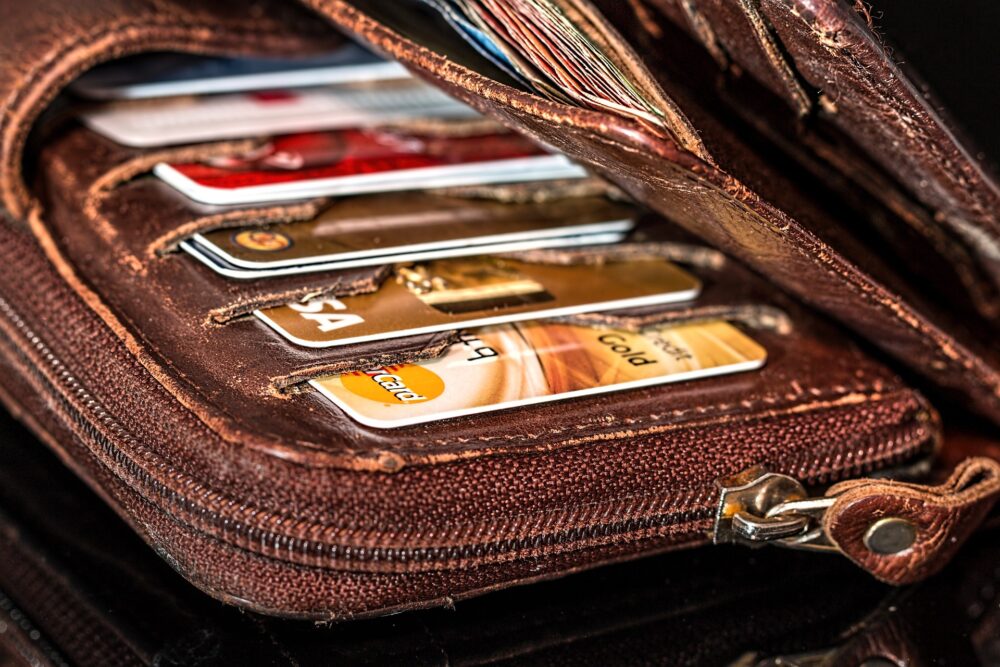So, you find a suspicious charge on your credit card or bank statement. You call the financial institution involved and dispute the charge. They restore funds to your account. You may have just committed friendly fraud.
What Is Friendly Fraud
Friendly fraud is often an innocent mistake.
You might commit friendly fraud if you dispute a legitimate purchase you don’t recognize or remember. In addition, a family member may have made a transaction on your account and neglected to tell you.
However, some friendly fraud is intentional. An example would be when a consumer makes a false claim that an item was not delivered or did not match a seller’s description. A version of this practice is known as double dipping. That occurs when a buyer gets a refund and keeps the item under dispute instead of returning it.
Growing Problem
Though friendly fraud occurs in all areas of trade, e-commerce is the hardest hit.
According to a report by digital safety firm Sift, chargeback claims rose 35 percent over 2022. Of those claims, 23 percent were admittedly fraudulent.
As the number of friendly fraud claims rises, so does the amount of each claim, according to the report. Last year’s average claim was $192.53. That is a 16 percent increase over 2021.
“Merchants lose over $3 for every dollar of fraud,” says Scott Pinsker, spokesperson for Chargebacks911, a chargeback management firm. “Those losses include additional fees, overhead and more.”
“As the economy cools down from historic highs, consumers are looking to save money however they can, luring many to resort to first-party fraud,” said Sift Trust and Safety Architect Brittany Allen. “These chargebacks quickly tally up against merchants who are already under stress from the sagging economy.”
Friendly Fraud Hurts You
“A lot of people look at big businesses and financial companies and think, ‘they have so much if I get a little, who’s really getting hurt?”
The answer is you and other consumers, according to Pinsker.
“When someone commits fraud of any kind it creates an added cost to recover the loss,” said Pinsker. “As those losses add up, consumer prices have to go up to cover that.”
Combatting Friendly Fraud
With the growth of digital commerce, security firms have sprung up to provide protection against various frauds, including friendly fraud. However, there are ways to act at the grassroots level.
“The first thing you can do is just be honest,” said Pinsker. “Beyond that, if you have a legitimate claim, go directly to the business involved. They are going to be interested in helping you because they want to keep you as a long-term customer.”
By going directly to the company, you may be able to get a refund without causing the seller to incur many of the chargeback fees.
Most credit card companies require consumers to seek a refund from the merchant in a transaction dispute. However, according to Chargeback 911, only 15 percent do.
If you do not get satisfaction from the seller, you can go to the credit card company or bank. However, that should be your last resort, advises Pinsker, not your starting point.
Read More:
- Tips for Preparing and Filing Your Small Business Taxes Correctly
- Effective Ways to Save Money on Business Taxes
- Should You Be Paying to File Your Taxes?
Come back to what you love! Dollardig.com is the most reliable cash back site on the web. Just sign up, click, shop and get full cash back!
Image and article originally from www.savingadvice.com. Read the original article here.

